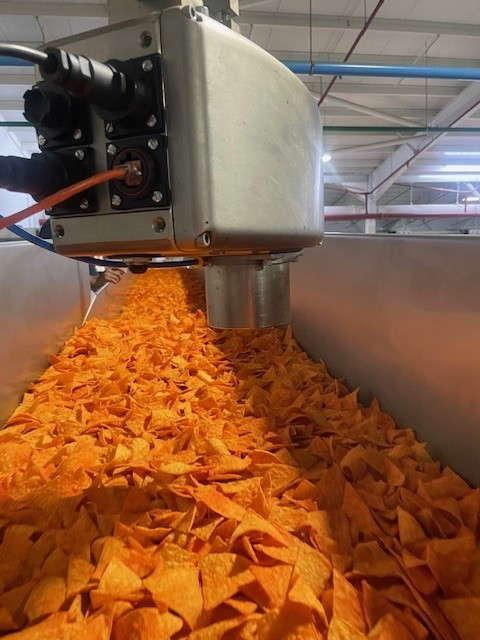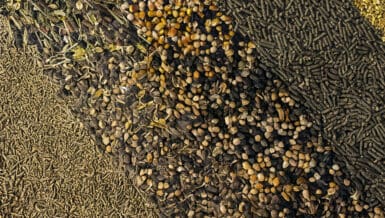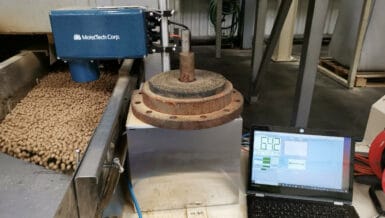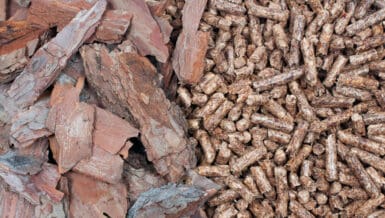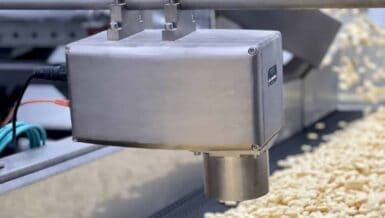Poor moisture management can result in issues such as microbial contamination, increased waste, and financial losses. Excess moisture can spoil products, foster microbial growth, and weaken packaging, while inadequate moisture can leave items dry and unappealing to consumers.
Raw ingredients like flour, rice, and other commodities often vary significantly in moisture composition. Without proper control, these inconsistencies can disrupt production processes, leading to out-of-spec products and material waste. Modern advancements in technology have made it possible to measure and control moisture levels with greater precision, helping manufacturers optimize every stage of production.
Improving Food Safety and Shelf Life
Maintaining appropriate moisture levels in food is crucial for safety and longevity. High moisture content can foster microbial growth, including bacteria, yeast, and mold, increasing the risk of contamination. By keeping moisture levels below critical thresholds—typically around 10% for many food products—manufacturers can significantly reduce these risks and ensure compliance with rigorous food safety standards.
Moisture control also plays a central role in extending shelf life. Packaging systems often incorporate controlled air environments to maintain specific moisture levels, protecting products from spoilage or degradation. Effective moisture management ensures that food products maintain their quality from production to consumption. Proper moisture control also minimizes economic losses caused by spoiled goods. According to a report from the Food and Agriculture Organization, nearly one-third of all food produced is wasted globally, much of it due to spoilage. Technologies that help prevent these losses by maintaining ideal moisture levels can make a meaningful impact on reducing food waste.
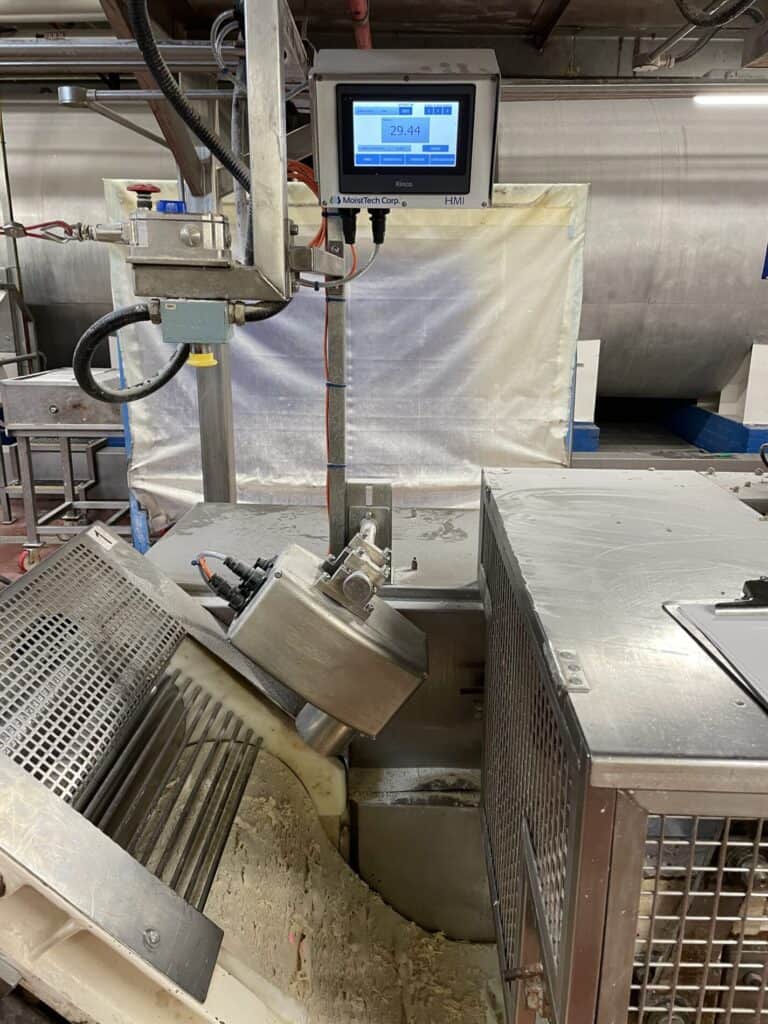
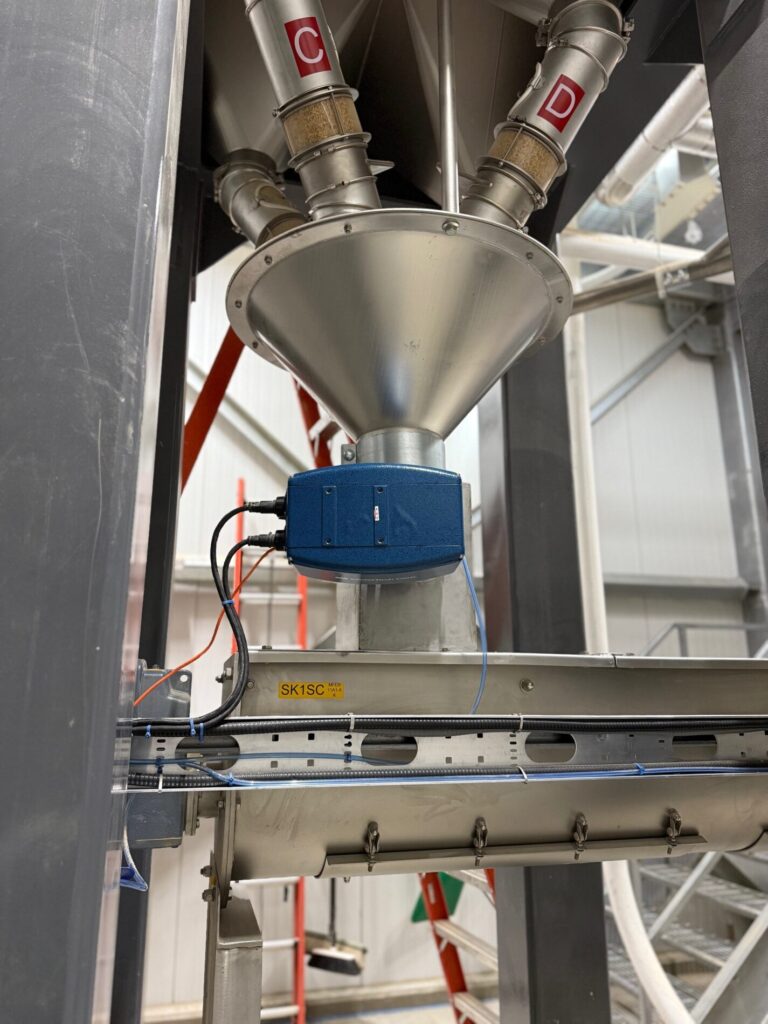
Efficiency and Sustainability in Production
Energy efficiency and waste reduction are increasingly critical priorities in the food manufacturing sector. Accurately monitoring and controlling moisture levels can support both goals. For instance, real-time moisture data allows for precise adjustments to equipment such as dryers and ovens. This not only ensures optimal product quality but also minimizes energy consumption and reduces downtime caused by equipment strain or product inconsistencies.
Some manufacturers have successfully implemented moisture control technologies to achieve remarkable results. By integrating moisture measurement systems into production lines, companies can continuously monitor and adjust processes, leading to consistent product quality and significant cost savings. This approach aligns with broader industry trends toward sustainability and resource efficiency.
According to an article in the Journal of Food Engineering, optimizing drying processes alone can reduce energy consumption by up to 15%. Coupling this with real-time data ensures production lines run efficiently, avoiding over-drying or under-drying issues that could compromise product quality.
The Role of Near-Infrared Technology
Near-infrared (NIR) technology has emerged as a powerful tool for moisture measurement. Unlike manual or destructive testing methods, NIR sensors analyze moisture levels in real time using light absorption. This non-contact, non-invasive approach preserves product integrity and eliminates the waste associated with traditional testing methods.
Advanced sensors designed for food environments feature robust construction to withstand rigorous conditions, along with algorithms that ensure precise moisture calibration. These innovations allow manufacturers to store multiple product codes, enabling seamless adjustments during production and ensuring consistency across batches.
NIR technology is particularly advantageous for high-speed production lines, where immediate feedback is essential. A study by the National Institute of Standards and Technology highlights how these sensors improve operational efficiency by reducing the need for time-consuming manual moisture checks.
Applications and Success Stories
Effective moisture control is vital at multiple stages of food production. During the mixing phase, monitoring moisture levels ensures proper ingredient distribution and prevents clumping or out-of-spec formulations. In post-drying or coating processes, precise moisture adjustments are crucial for maintaining uniformity and product quality. By leveraging advanced technologies, manufacturers can achieve better outcomes while reducing material waste and energy use.
For example, in the cereal manufacturing industry, moisture control ensures flakes remain crisp while avoiding over-drying, which can lead to excessive brittleness. Similarly, baked goods rely on specific moisture parameters to maintain their texture and freshness.
The benefits of moisture control extend beyond quality. Properly calibrated moisture sensors can also detect deviations that may indicate mechanical issues in production equipment, providing early warnings that help prevent costly downtime.
Conclusion
MoistTech’s advanced NIR technology exemplifies how manufacturers can achieve precise, real-time moisture control to enhance food quality, extend shelf life, and improve safety. Their IR3000-F sensor, designed specifically for food production environments, integrates seamlessly into production lines, offering continuous monitoring and automated adjustments. With features such as a durable nickel-plated exterior and the ability to store multiple product codes, this sensor delivers measurable benefits in energy efficiency, waste reduction, and overall product quality.
As the food industry prioritizes sustainability and efficiency, technologies like MoistTech’s IR3000-F sensor will play an increasingly important role in shaping the future of manufacturing. By investing in precision moisture control, manufacturers can ensure their products meet the highest standards of quality and safety while achieving substantial operational savings.
Moreover, the role of precision moisture control in addressing global food security challenges cannot be overlooked. By minimizing spoilage and optimizing resource use, these technologies contribute to more sustainable food production practices, supporting long-term industry growth and environmental stewardship.

